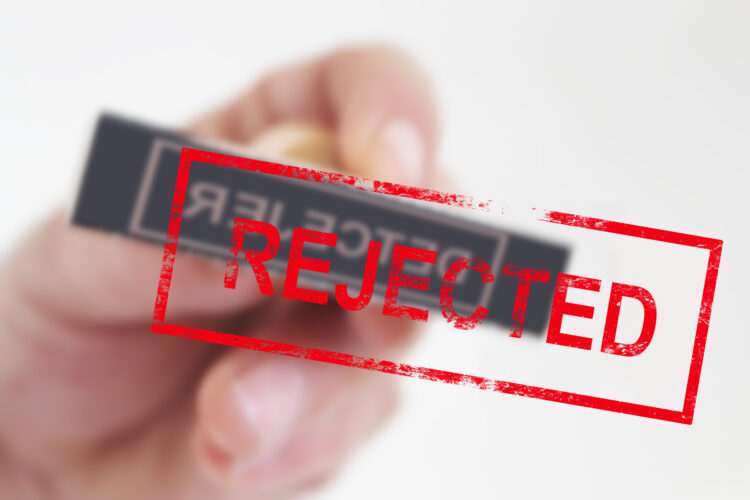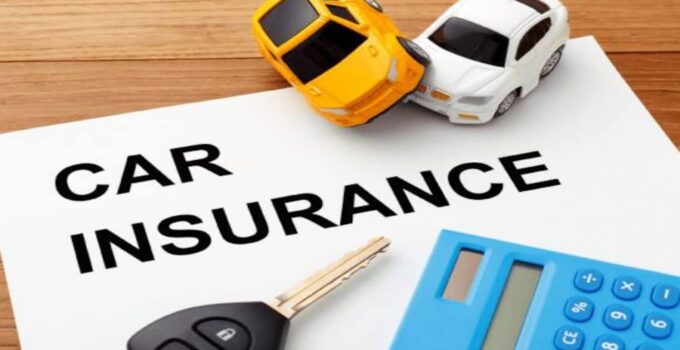When the driver of a car, motorcycle, van, or truck is in an accident, it’s very common for their insurance provider to refuse to pay the full amount of compensation deserved. In some cases, insurance companies will refuse to pay out anything at all, usually with the excuse that the accident was caused by the claimant. If this is a situation that you’re currently stuck in the middle of, don’t panic! It can be scary when your insurance provider doesn’t want to cooperate with you, but the tips in this guide will help to get you a result.
Page Contents
Contact a Law Firm

Source: facebook.com
Before you do anything else, get in contact with a law firm. It’s the best decision you can possibly make.
When vehicle accident experts like therawlinsfirm.com work with you, a strong compensation case can be built for you. The law firm you hire will speak with all the relevant parties, from your insurance provider to the other party involved in the crash. All of this is so that they can put together the strongest possible case.
Think of law firms as your friend. They’re here to get you justice – and you’ll only pay on a ‘no win, no fee’ basis in most cases.
Also, professional lawyers are fully aware of all the tricks and stunts that insurance companies like to pull when it comes to paying out compensation. When these tricks are in-play, they can be handled and squashed!
When it comes to the actual cost of a car accident lawyer, it’s usually between 30% and 40%.
Collect Evidence That Supports Your Case
Whether you’re supporting your own case or supplying evidence to a law firm that you hire, collecting evidence is crucial. The more evidence you have, the stronger your lawsuit will be – it’s that simple!
Examples of evidence would include:
Eyewitness statements
Dashcam footage
Medical examinations (due to injury)
Loss of earnings (due to injury)
If you don’t supply any evidence at all, then it makes it almost impossible to build a strong case for you receiving compensation. This is because nobody can prove who directly caused the accident.
Request Nearby Surveillance Footage

Source: yumpu.com
Sometimes, when you need convincing evidence, it’s a good idea to request nearby surveillance footage that may have captured the crash.
This is useful in cases where the roads are quiet and empty, meaning no other parties were close enough to give eyewitness statements.
If you know, for example, that a corner shop has surveillance cameras and might have captured the incident, then it’s important for either you or your lawyer to contact them so that it can be reviewed.
Remain Patient
Sometimes, the process of waiting for compensation can be tough – especially if you’ve lost out on earnings due to being unable to work.
As stressful as it can be, try your best to remain patient. Any questions or concerns you have can be addressed by the lawyer representing you. Remember, most car accident lawyers are always available to contact via phone or email, which is great during those moments when you need peace of mind.
Why Do Insurance Providers Sometimes Reject Cases?

Source: freepik.com
In rare cases, despite a lawyer putting together a strong case, insurance providers might still get away without having to pay the full amount of compensation. Here are the most common reasons why this might happen:
Technicalities
If the footage of your accident doesn’t fully answer which driver was at fault, an insurance provider can refuse to pay out based on a technicality. Sometimes, the evidence must be as clear as day that it was the other driver’s fault – not yours!
Incorrect or Inconsistent Information

Source: indeed.com
Sometimes, if you put in a claim for compensation by yourself, you might make mistakes, such as providing incorrect information about the incident. If this happens, you might find that it leads to your insurance company not paying you compensation.
Omissions
If an insurance provider has solid reasoning to believe you’ve withheld important information, such as a medical condition that could have impacted your driving capabilities, then they will often use this as their excuse. As the victim of the crash, this is why you must be upfront and honest in your application when answering the questions. If you intentionally omit important information or try to bend the truth, it’ll likely get picked up by the experts working for the insurance company.
Failure to Cover the Monthly Payments

Source: zoho.com
Almost all car and personal injury insurance plans involve monthly payments.
If you’ve skipped monthly payments (such as the last one before you made a compensation claim), then the insurance company legally has the right not to pay out. Knowing this, you’ll understand why it’s important to keep up-to-date with your monthly payments.
Improper Cover for Your Specific Case
Often, what happens when it comes to car accidents and personal injury claims is that the claimant has improper cover for their specific case.
Let’s say, for example, that you’re making a claim for ‘permanent injury.’ The injury you have is life-long, meaning it’s going to impact you and your working life forever. However, your specific insurance plan doesn’t include ‘permanent injury,’ so you can’t receive compensation.
This is why millions of individuals pay extra each month to get the maximum cover that includes practically everything that can happen from a car crash or accident. Sure, the extra costs can be substantial, but it’s certainly worth it when the worst happens, and you land up in a horror crash.
Guide Summary
After finishing this guide, you should now feel much more confident regarding the situation you have with your insurance provider. By following the above-mentioned tips, you can give yourself a great shot at receiving the amount of money you truly deserve for the accident you went through. Remember, if you choose a law firm that has a ‘no win, no fee’ policy, then there’s no need at all to worry about potential financial loss!





